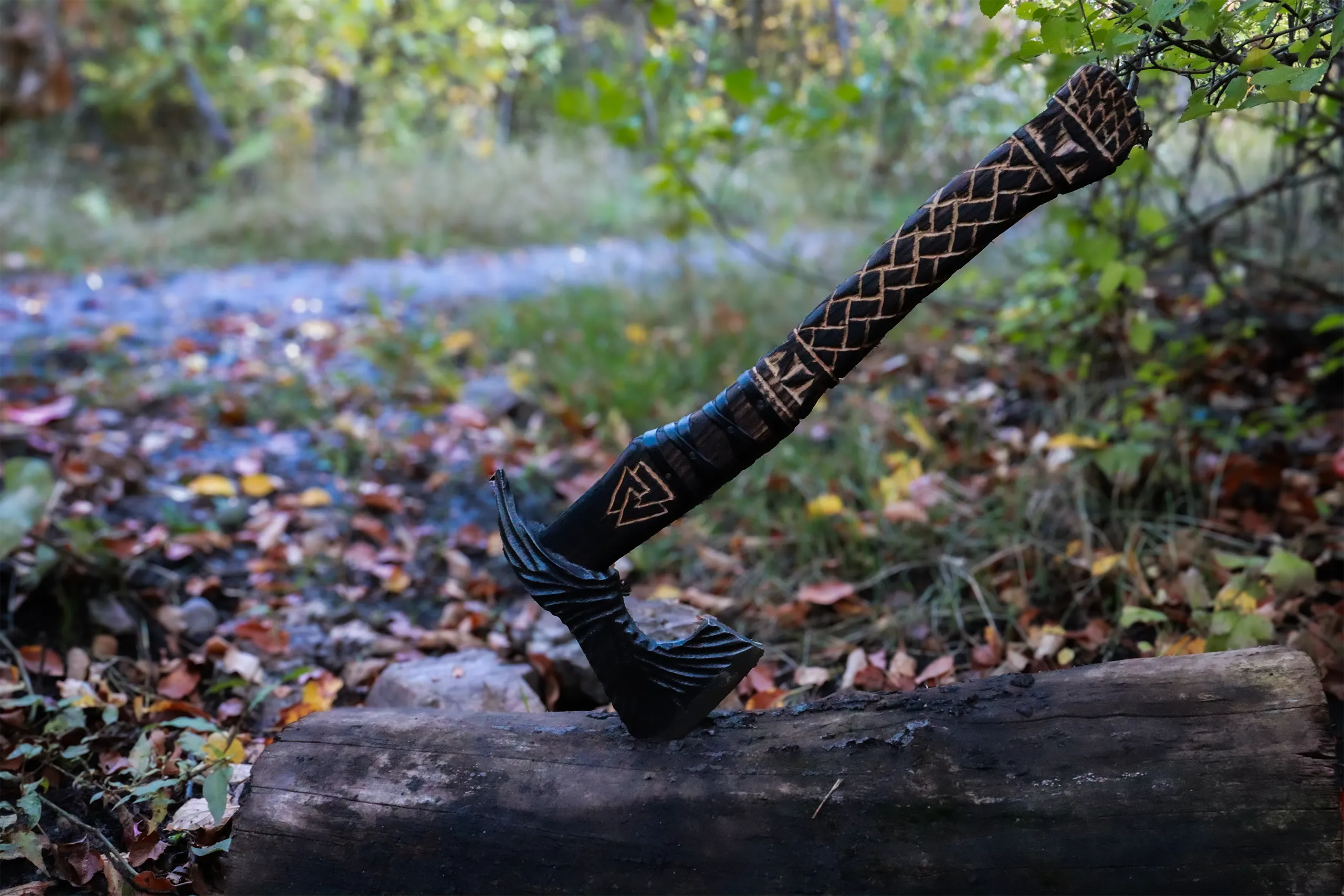Join Red Duck Knives Now!
Looking for the perfect knife for your lifestyle? Join our community of over 63,000 satisfied customers and find your match! Get exclusive Offers, stay updated on our newest products, and save 10% on your first purchase using our special coupon! (18+ or older)
By submitting this form, you are consenting to receive marketing emails from: Red Duck Knives. You can revoke your consent to receive emails at any time by using the SafeUnsubscribe® link, found at the bottom of every email. Emails are serviced by Constant Contact
Will be used in accordance with our Privacy Policy


